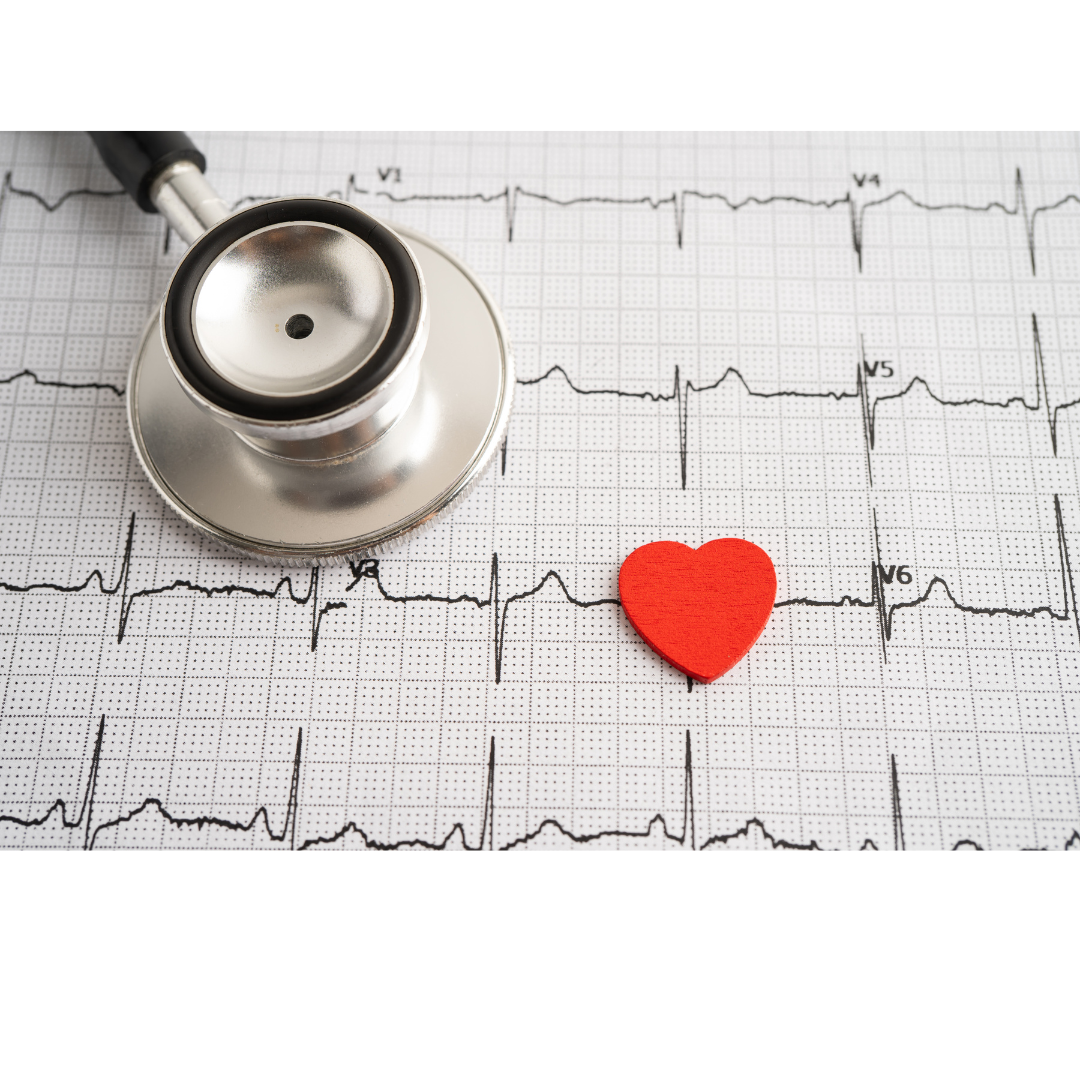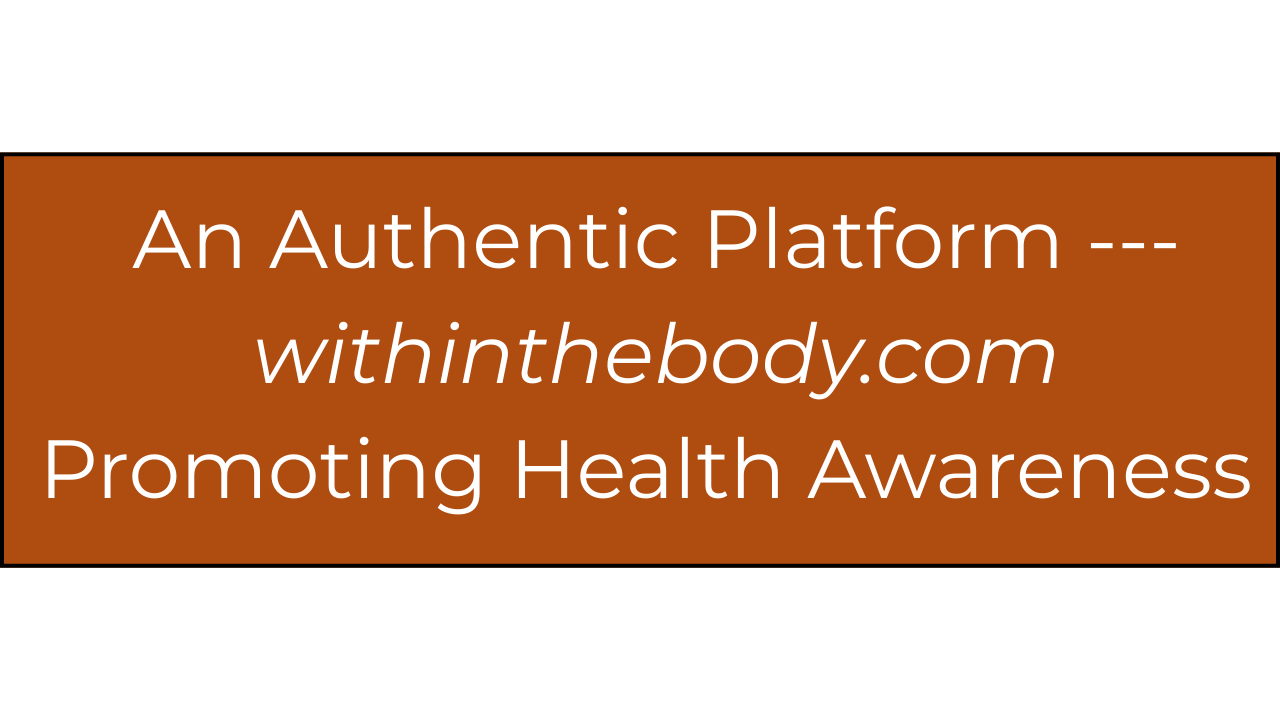How to Protect Yourself from Arrhythmia During Sleep


The night is meant for rest and recovery — but for some, it becomes a silent test for the heart. While most people sleep peacefully, a few experience sudden palpitations, skipped beats, or even dangerous rhythm disturbances. Known as nocturnal arrhythmias, these episodes can occur in both healthy and heart-diseased individuals. Understanding why they happen, who is at risk, and how to prevent them can make all the difference between a restful night and a restless one.
For General Readers
Your heart’s rhythm changes throughout the day. During sleep, it slows naturally as the body enters a calm, energy-saving mode. However, when health conditions such as high blood pressure, diabetes, thyroid imbalance, or sleep apnea are present, these natural changes can sometimes trigger irregular rhythms.
Common causes include:
• Interrupted breathing during sleep (sleep apnea)
• High intake of caffeine, alcohol, or nicotine before bedtime
• Low potassium or magnesium levels
• Certain medications (especially beta-blockers, sedatives, or diuretics)
• Emotional stress and poor sleep hygiene
Simple steps to help: Sleep on your side, maintain a healthy weight, avoid stimulants at night, and manage stress levels.
For Medical Students
During non-REM sleep, increased vagal tone results in physiological sinus bradycardia or pauses. REM sleep, on the other hand, brings sympathetic surges that may provoke tachyarrhythmias in susceptible individuals.
An understanding of autonomic interplay, sleep stages, and cardiac electrophysiology is vital. Nocturnal arrhythmias often lie on a spectrum — from benign vagally mediated changes to pathologic disturbances associated with hypoxia or myocardial ischemia.
For Young Doctors
Never dismiss a patient’s report of “palpitations during sleep.”
History taking should explore:
• Timing, duration, and associated symptoms
• Snoring, alcohol intake, or late caffeine use
• Medication profile and comorbidities
• Family history of sudden cardiac death
Investigations:
• ECG and 24-hour Holter
• Echocardiography
• Sleep study (polysomnography)
• Electrolyte and thyroid panels
Often, management focuses on identifying and correcting the underlying trigger rather than immediately starting antiarrhythmic therapy.
For General Practitioners
Primary care physicians are the first to spot nocturnal arrhythmia risk. Patients may present with vague complaints — morning fatigue, non-refreshing sleep, or sudden awakenings with a racing pulse.
Red flags to recognize:
• Snoring with daytime sleepiness (suggesting OSA)
• Hypertension resistant to treatment
• Nocturnal dyspnea or paroxysmal episodes
• History of cardiac disease
Encourage early referral for evaluation, and counsel on sleep hygiene, dietary discipline, and regular follow-up.
Pathophysiology
Nocturnal arrhythmias stem from fluctuating autonomic tone and oxygen dynamics during sleep.
• Non-REM sleep: Predominant vagal tone → bradycardia, sinus pauses, or AV block
• REM sleep: Sympathetic bursts → tachyarrhythmias or ectopy
• Sleep apnea: Recurrent hypoxia and negative intrathoracic pressure → myocardial irritability
• Electrolyte imbalance: Alters membrane potential and conduction stability
In essence, the heart’s rhythm reflects the balance (or imbalance) between the nervous system, oxygen supply, and internal chemistry during rest.
When to See the Doctor
Consult your physician if you notice:
• Sudden awakenings with pounding or irregular heartbeat
• Shortness of breath or gasping during sleep
• Morning tiredness despite full sleep
• Episodes of fainting, dizziness, or chest pain
• Loud snoring or witnessed breathing pauses
These may indicate a treatable yet serious cardiac or respiratory condition.
Your heart deserves rest — just like your mind. Nocturnal arrhythmias remind us that sleep is an active physiological process, not just a pause in wakefulness. With mindful habits, proper evaluation, and timely medical attention, most sleep-related rhythm disturbances can be prevented or well-controlled.
Protect your heart at night by caring for it during the day.
Dos and Don’ts
Dos
• Maintain a consistent sleep routine
• Treat sleep apnea promptly
• Keep blood pressure and glucose under control
• Ensure hydration and electrolyte balance
• Exercise regularly (avoid late-night workouts)
• Review medications with your doctor
• Sleep on your side if you snore
Don’ts
• Avoid heavy meals, alcohol, or caffeine before bed
• Don’t ignore snoring or breathing pauses
• Avoid sedative misuse
• Don’t self-medicate with heart rhythm drugs
• Avoid skipping medical follow-ups
FAQs About Arrhythmia During Sleep
1. Can arrhythmias happen only at night?
Some are more frequent during sleep (especially vagally mediated ones), but they can occur anytime.
2. Does sleep position matter?
Yes. Sleeping on your back may worsen apnea and trigger arrhythmias. Side sleeping is generally safer.
3. Can stress cause nighttime palpitations?
Yes. Stress increases sympathetic drive, which can lead to transient rhythm irregularities.
4. Is snoring linked to arrhythmias?
Indirectly. Snoring may signal sleep apnea, a major risk factor for arrhythmia.
5. Can CPAP therapy help?
Yes. In patients with sleep apnea and atrial fibrillation, CPAP reduces recurrence and improves rhythm stability.
6. What if the arrhythmia is occasional and self-resolving?
Still discuss it with your doctor — even brief episodes can indicate early heart rhythm disturbance.

By Dr. Mohammed Tanweer Khan
A Proactive/Holistic Physician
Founder of WithinTheBody.com
